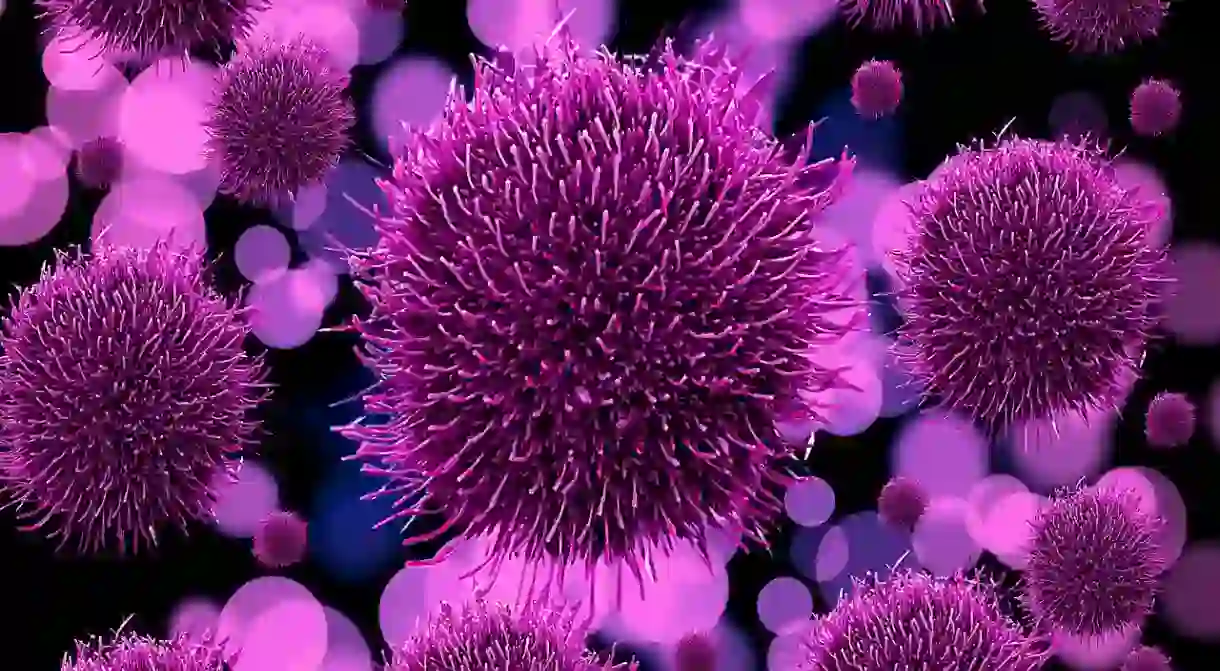These 12 'Superbugs' Pose the Greatest Threat to Human Health Globally

A new report from the World Health Organization (WHO) names twelve antibiotic-resistant “priority pathogens” that pose the greatest threat to human health worldwide. Without further research and innovation, these pathogens have the potential to kill millions of people.
What are antibiotic resistant ‘superbugs?’
‘Superbug’ is a term loosely used to describe bacteria that are resistant to more than one antibiotic. Once a bacteria becomes resistant to multiple antibiotics, it becomes more difficult to treat. Some urinary tract infections, hospital-acquired infections, and even the sexually-transmitted disease gonorrhea have antibiotic-resistant strains that cause patients and researchers pause.
“Superbugs should be a concern to everyone,” said Dr. Brian K. Coombes, speaking to WebMD. “Antibiotics are the foundation on which all modern medicine rests. Cancer chemotherapy, organ transplants, surgeries, and childbirth all rely on antibiotics to prevent infections. If you can’t treat those, then we lose the medical advances we have made in the last 50 years.”

The WHO priority list is as follows:
Priority 1: Critical
Acinetobacter baumannii, carbapenem-resistant
Pseudomonas aeruginosa, carbapenem-resistant
Enterobacteriaceae, carbapenem-resistant, ESBL-producing
Priority 2: High
Enterococcus faecium, vancomycin-resistant
Staphylococcus aureus, methicillin-resistant, vancomycin-intermediate and resistant
Helicobacter pylori, clarithromycin-resistant
Campylobacter spp., fluoroquinolone-resistant
Salmonellae, fluoroquinolone-resistant
Neisseria gonorrhoeae, cephalosporin-resistant, fluoroquinolone-resistant
Priority 3: Medium
Streptococcus pneumoniae, penicillin-non-susceptible
Haemophilus influenzae, ampicillin-resistant
Shigella spp., fluoroquinolone-resistant
What does WHO’s report mean?
“This list is not meant to scare people about new superbugs,” Marie-Paul Kieny, an assistant director-general at WHO, told the Washington Post. “It’s intended to signal research and development priorities to address urgent public health threats.”
The hope, of course, is that doctors and researchers heed these findings and take the necessary steps to prevent a possible antibiotic apocalypse. Those steps include slowing down the overprescription of antibiotics and also finding new possible treatments for bacteria strains that have proven particularly problematic.













